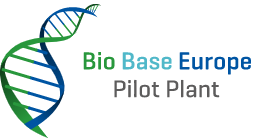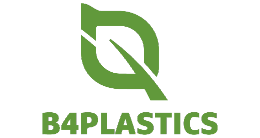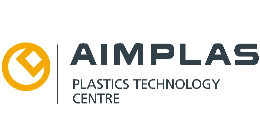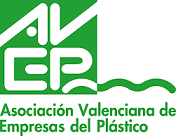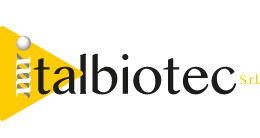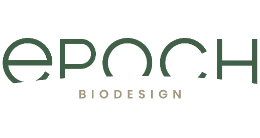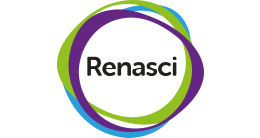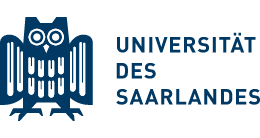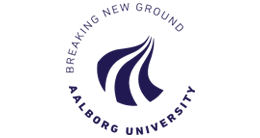Our goals and objectives
In the REPurpose project, local post-consumer waste is upcycled into new functional Recyclable Elastomeric Polymers (REP) destined for the high-value market of thermoplastic elastomers that today face recycling problems. New building blocks derived from biomass or enzymatically degraded organic or plastic waste will be incorporated, giving REP polymers unique characteristics: - tunable elastomeric properties avoiding the need for additives
- production, processing and recycling on existing equipment
- controllable degradation in different habitats
- unprecedented indefinite recycling, surpassing fossil carbon at each recycling stage
How will we reach the goals?
New building blocks derived from biomass or enzymatically degraded plastic waste or paper and cardboard waste will be incorporated, giving the polymers unique characteristics of recyclability, ecology, and unlimited recycling, surpassing fossil carbon at each recycling stage. The polymers will be tested by relevant stakeholders and dedicated user groups, including global consumer goods producers.

Our strategy
- SSbD
Analyse and align relevant framework conditions for developing new REP polymers via an SSbD approach, targeting the just transition mechanism through a three-pillar approach of REP polymer life cycle sustainability. - Production of Paper & Cardboard waste- and lignin-based monomers
Develop and scale processes to provide samples of renewable monomers from paper- and cardboard waste sugars and/or lignin-based aromatics for polymerisation. - Plastizyme engineering, production and application
Develop, optimise and produce «plastizyme» enzymes that effectively degrade plastic waste into building blocks to be repolymerised into REP polymers. Later apply such plastizymes for REP recycling. - REP polymer development and analysis
Build unique backbones by combining building block fractions from post-consumer waste leading to unique thermoplastic and elastomeric functional properties. - REP product development and prototyping
Validate the potential of (post-)processing REP polymers through different industrial processes. Identify appropriate market applications matching the polymers’ functional behaviour.. - REP circularity and End of Life
Demonstrate the infinite recyclability and end-of-life solutions of the REP polymers by developing suitable detection, sorting, recycling and upcycling techniques. - Exploitation, communication and dissemination
Demonstrate the expected impact of REP in terms of strengthening market opportunities and manufacturing capacities in the EU in short to medium term.


